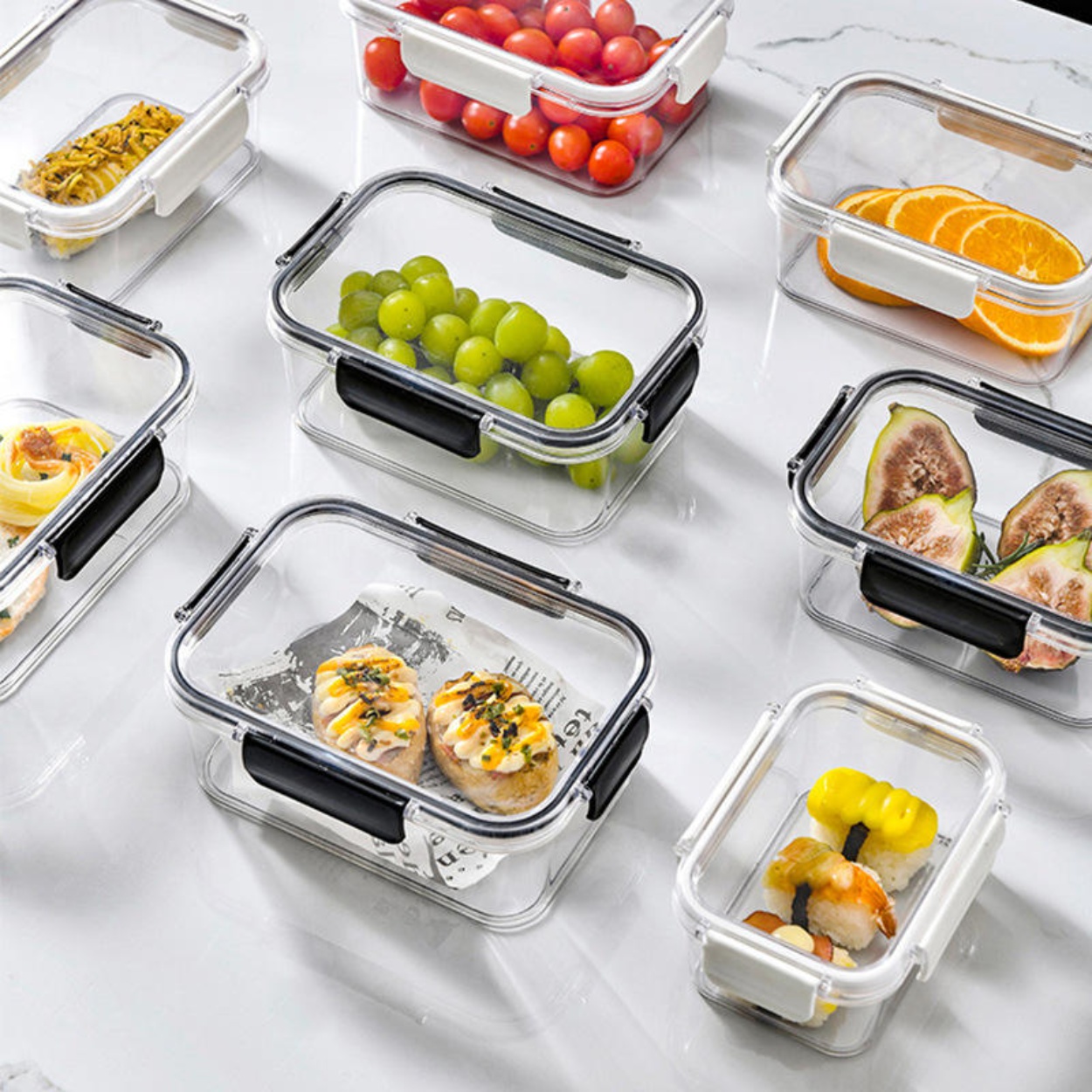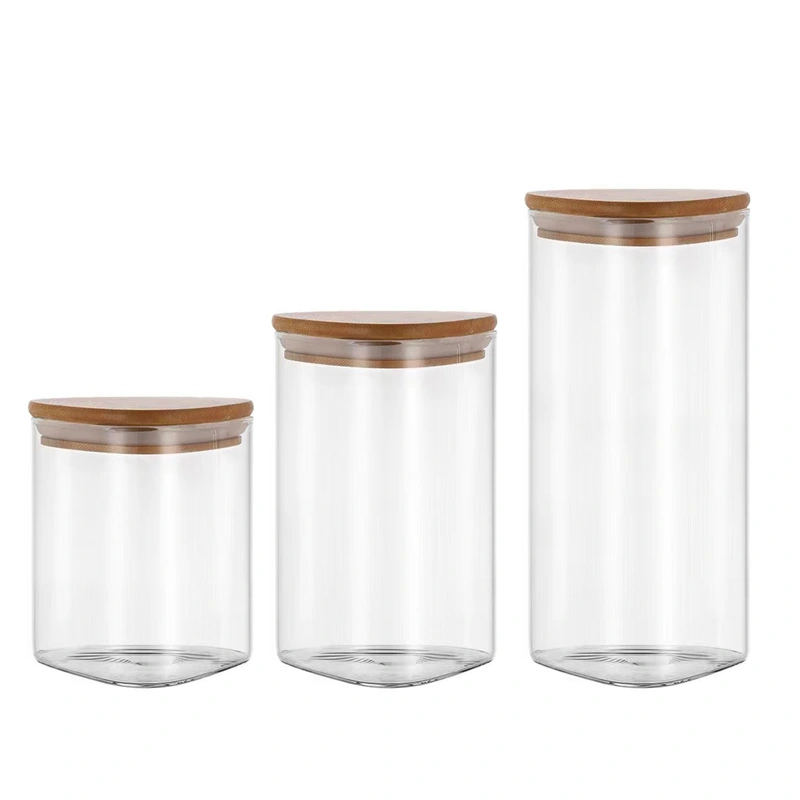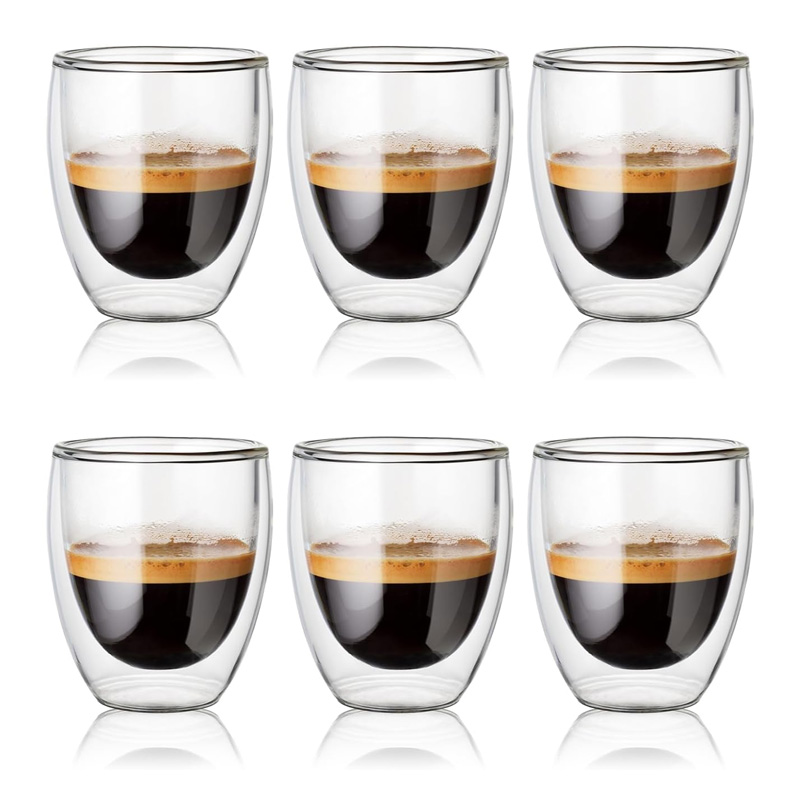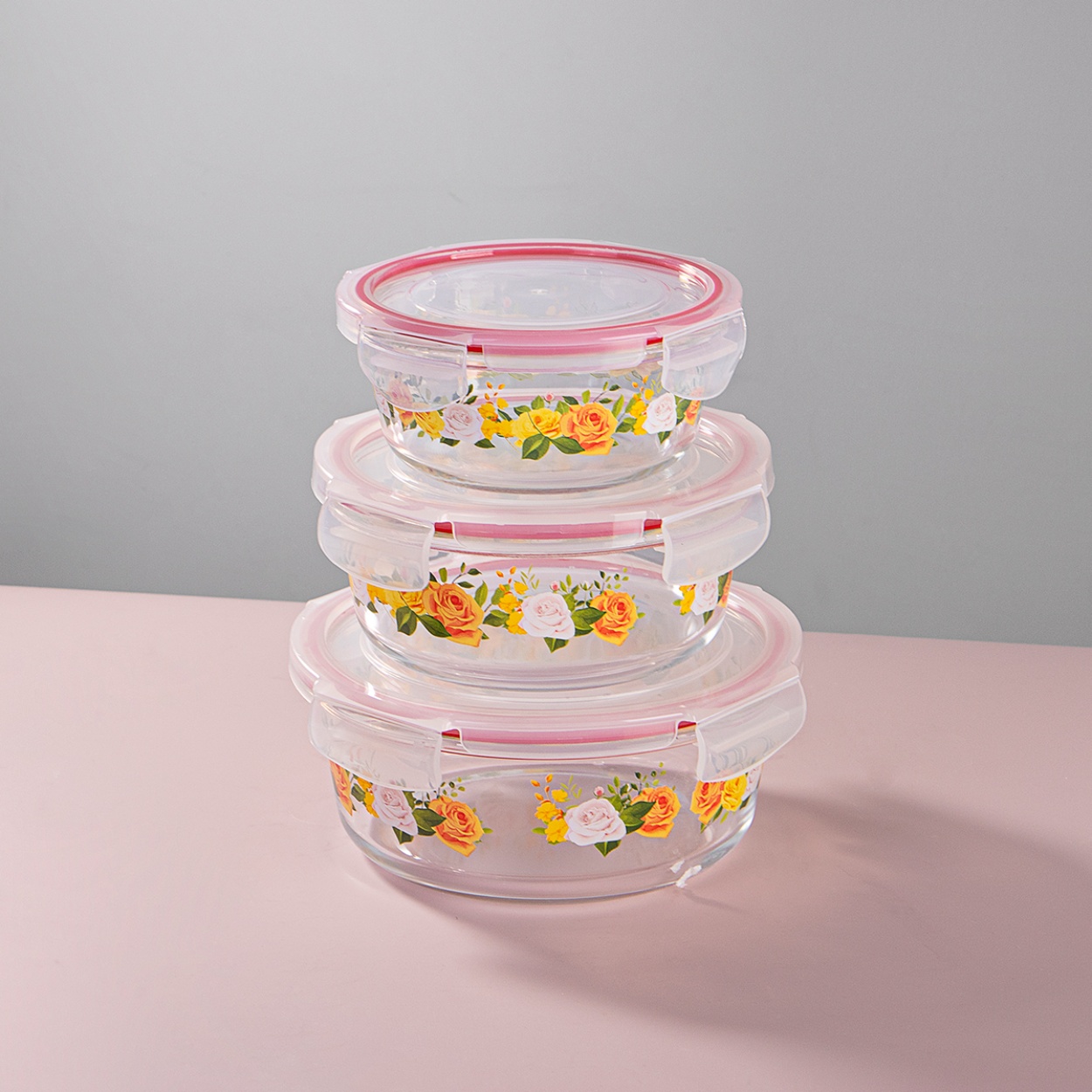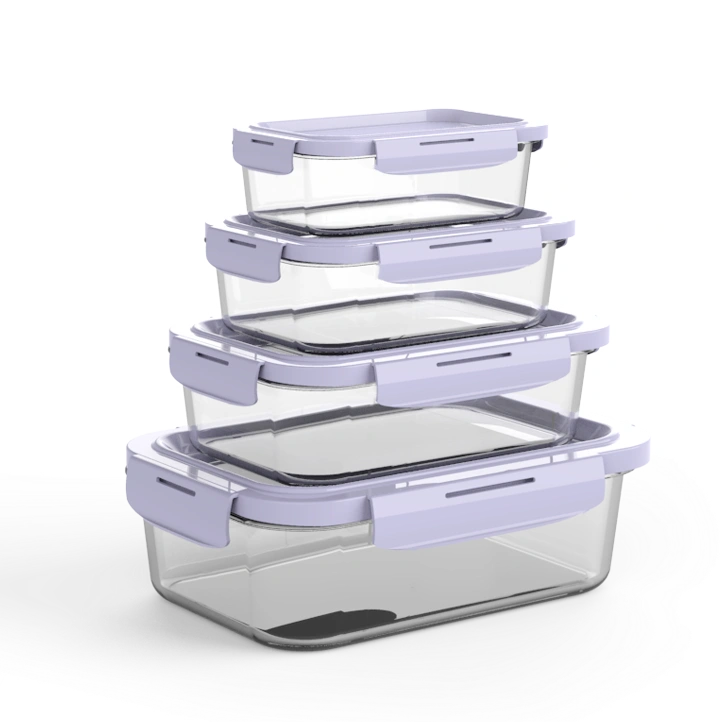Are Borosilicate Glass Food Storage Containers Freezer Safe?
Table of Contents

Paul Ren
Hello! I’m Paul, the Senior Sales of Canzo Glassware. With 18 years of experience in the glassware industry, I’m excited to share some insights from our perspective as a China glassware manufacturer. Today, we’re diving into a common question: Are borosilicate glass food storage containers freezer safe?
Summary
Properly freezing food not only saves money but also ensures meals stay fresh and flavorful. By understanding the best practices for freezing and using the right storage methods, you can maximize food preservation. This blog explores essential tips for freezing food, from selecting the best containers to organizing your freezer effectively.
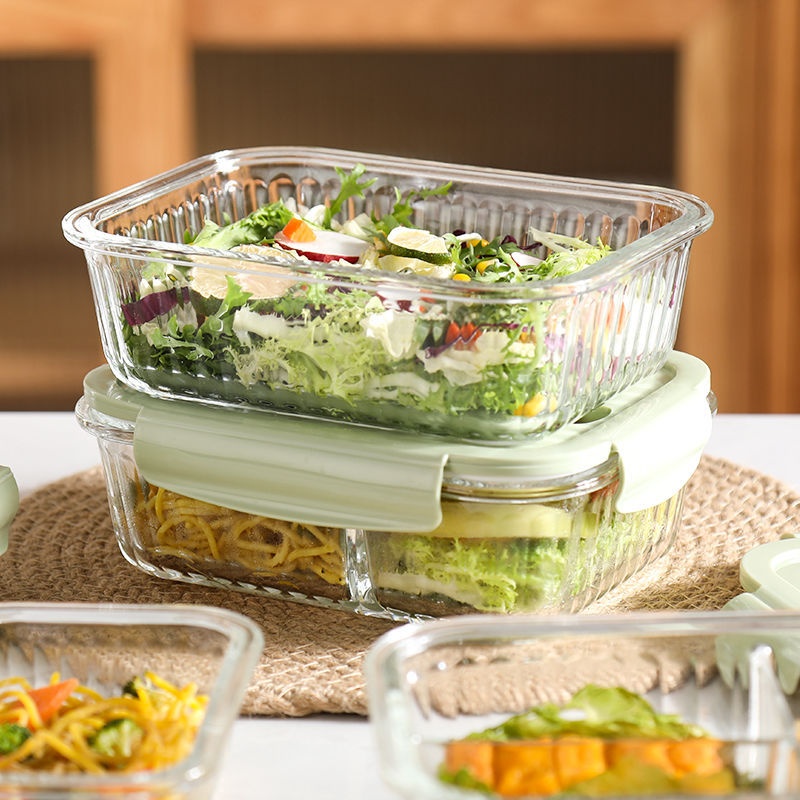
What Makes Borosilicate Glass Containers Freezer Safe?
Borosilicate glass containers are an excellent choice for freezing food because they are designed to withstand extreme temperature changes. Unlike regular glass, borosilicate glass is resistant to cracking under the pressure of expanding frozen food. Always look for containers labeled “freezer-safe” to ensure optimal performance and safety.
When using borosilicate glass, we recommend leaving about 20% space between the food and the lid. This precaution accommodates food expansion as it freezes, preventing cracks or leaks.
Benefits of Using Glass for Freezing Food
Switching to glass containers is not just about functionality—it’s a sustainable choice. Glass is durable, reusable, and environmentally friendly compared to plastic, which can degrade over time. By investing in freezer-safe glass containers, we contribute to reducing waste and supporting a greener kitchen.
That said, whether you choose glass or plastic depends on your personal preference. Both materials can work well as long as they are freezer-safe, but we favor borosilicate glass for its eco-friendly and durable qualities.
Best Practices for Freezing Food in Borosilicate Glass Containers
1. Allow Food to Cool
Before storing hot food in glass containers, allow it to cool to room temperature. Placing hot food directly in the freezer can cause the glass to crack due to thermal shock and may increase the freezer temperature, affecting other stored items.
2. Label and Date Containers
To stay organized, we recommend labeling your containers with the date and contents. This simple habit helps you track how long food has been in the freezer and ensures nothing goes to waste.
3. Use Flat-Freezing Techniques
Maximize storage efficiency and speed up thawing by freezing liquids like soups or sauces in shallow layers. Lay the container flat in the freezer first. Once frozen, you can stack it vertically for better space management.
4. Portion Control for Convenience
Freezing food in smaller portions not only saves space but also ensures faster thawing. This method is perfect for one- or two-serving meals, eliminating the need to defrost large batches unnecessarily.
What Foods Are Best Stored in Borosilicate Glassware?
We’ve found that borosilicate glass containers are especially useful for a variety of food types:
- Soups, Stews, and Sauces: Their liquid nature makes them ideal for flat freezing.
- Fruits and Vegetables: Perfect for pre-sliced or blanched produce.
- Baked Goods: Store cookies, bread, or cake slices while maintaining their texture and flavor.
- Leftovers and Meal Preps: Great for casseroles, pasta dishes, or other ready-to-eat meals.
Tips to Prevent Freezer Burn
To keep your food tasting fresh, ensure an airtight seal when using borosilicate containers. Freezer burn occurs when air dries out food, resulting in a tough texture and diminished flavor. Glass containers with secure lids are excellent for keeping air and freezer odors out.
Organizing Your Freezer for Maximum Efficiency
A well-organized freezer saves time and helps preserve food quality. We recommend grouping similar items together, using square or rectangular glass containers to maximize space, and periodically rotating older items to the front for quick access.
Conclusion
Borosilicate glass food storage containers are a reliable, sustainable, and freezer-safe choice for preserving meals. By following these tips—like using appropriate containers, organizing effectively, and practicing portion control—you can make your freezer an invaluable tool in reducing food waste and saving money.
FAQ of Freezer Borosilicate Glass Good Storage Containers
Q: Can I freeze liquids in borosilicate glass containers?
A: Absolutely! Just leave about 20% space at the top to allow for expansion as the liquid freezes.
Q: How do I prevent glass containers from cracking in the freezer?
A: Always use freezer-safe borosilicate glass containers, allow hot food to cool before storing, and leave enough space for food expansion.
Q: Are there any foods I shouldn’t freeze in glass containers?
A: Avoid freezing foods with high water content, like lettuce, as they tend to become mushy after thawing.
By incorporating these tips, you can enjoy the benefits of freezing food safely and sustainably while keeping your meals fresh and flavorful.
Newest Blog
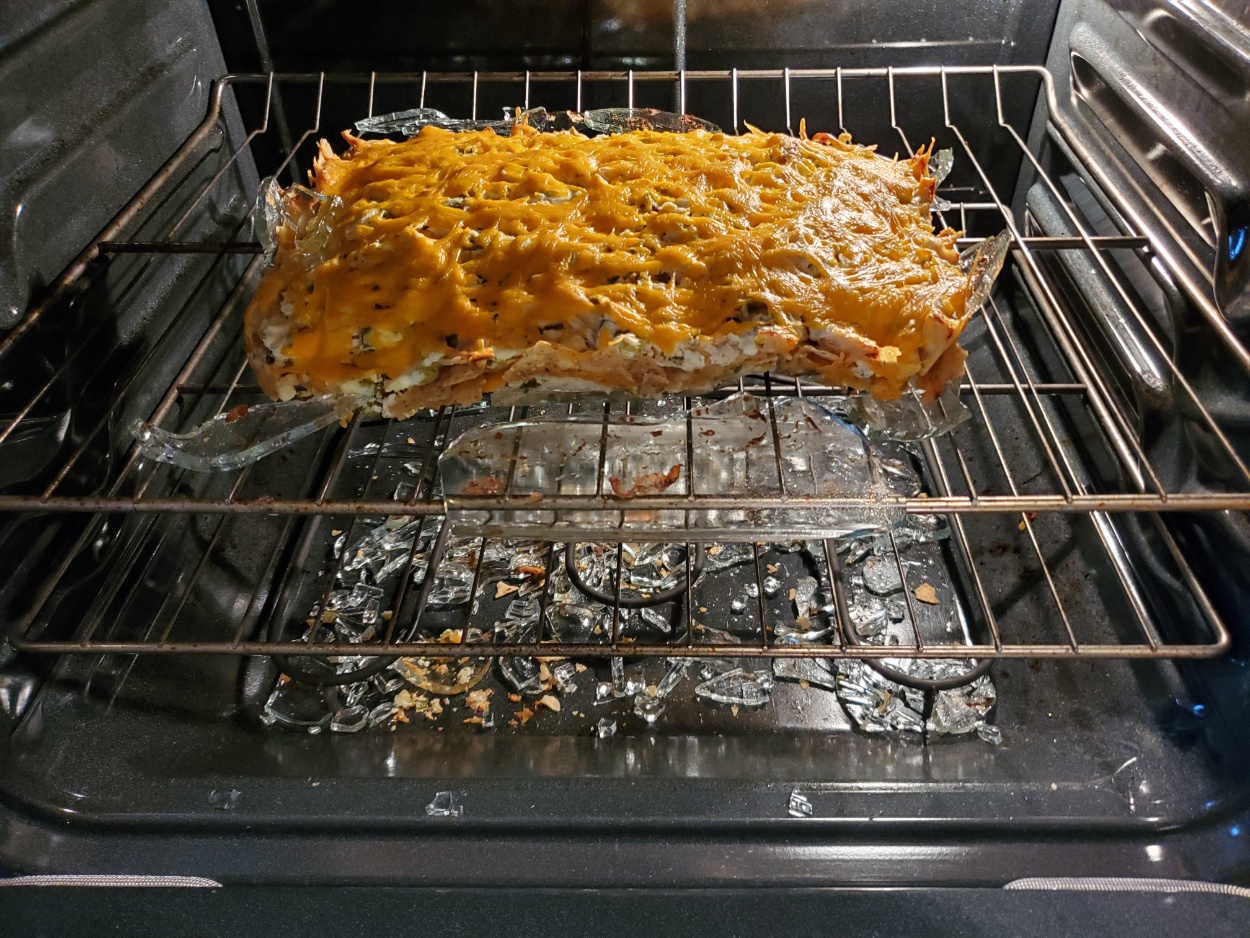
Is Glass Safe In The Oven?
Whether you’re a home cook or a business owner sourcing from a glass lunch box factory, understanding the nuances of oven-safe glass is crucial. We’ll explore the world of durable and reliable custom glass food container options, ensuring you make informed decisions.
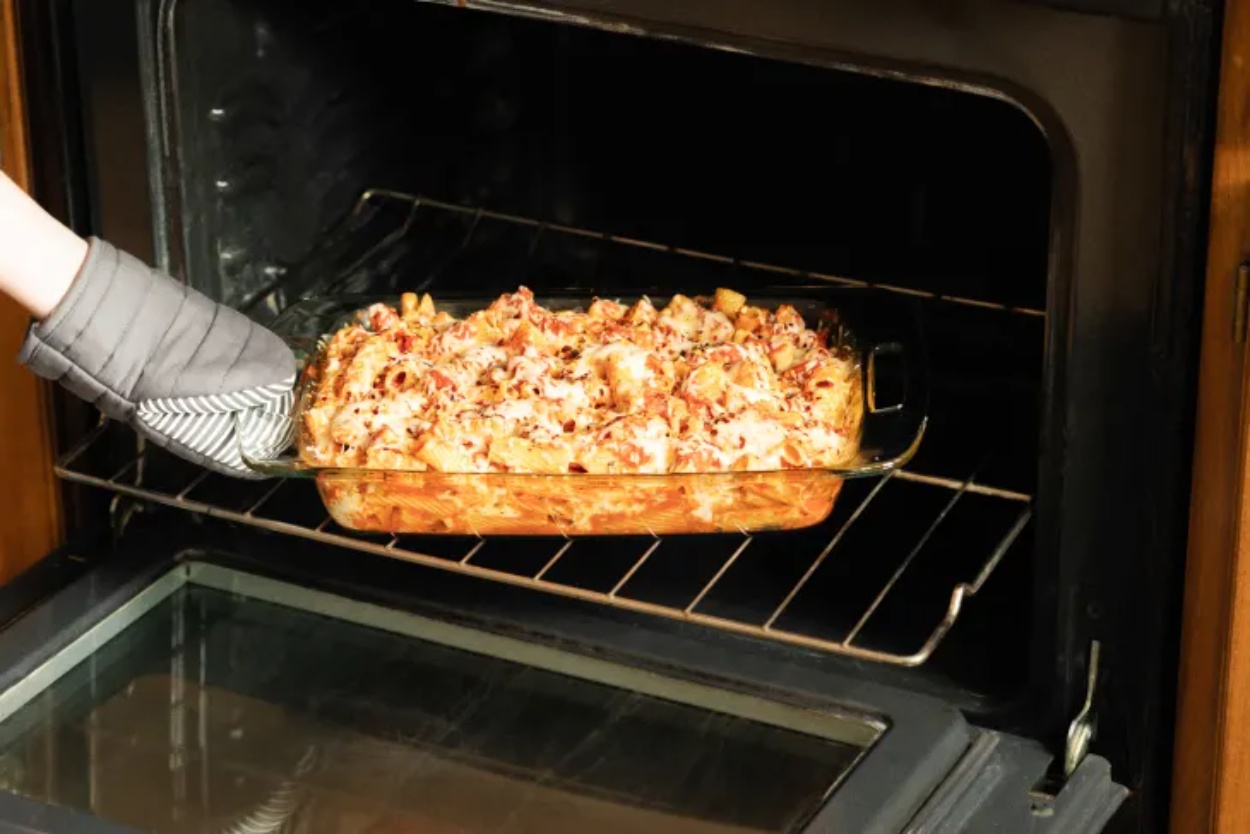
Can You Put Glass In The Oven?
We’ll explore why choosing the right type of glass, particularly from a reliable China glassware factory, is so important, especially if you’re looking for custom glass food storage containers or even a glass lunch box factory.
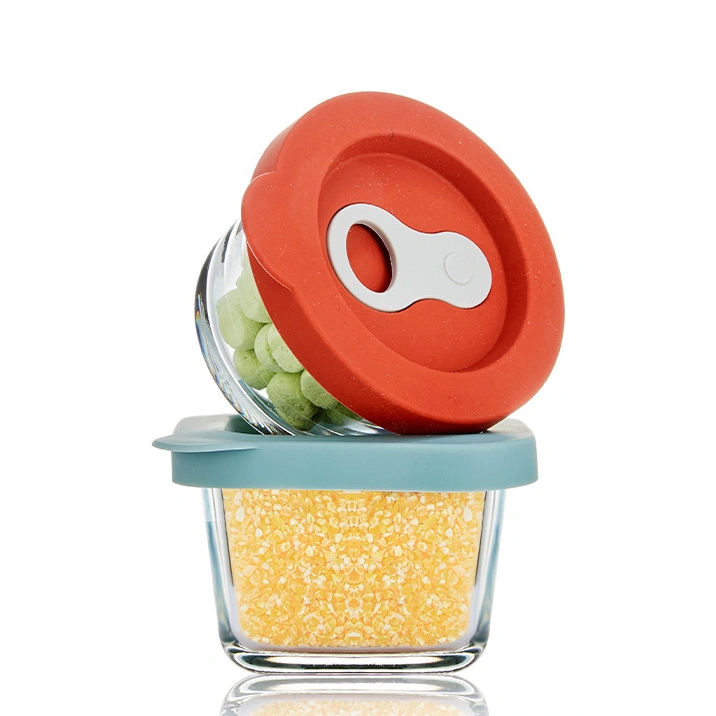
What To Do With Small Glass Containers?
From baby food meal prep, storing leftovers to organizing your craft supplies, small glass containers are super handy!

